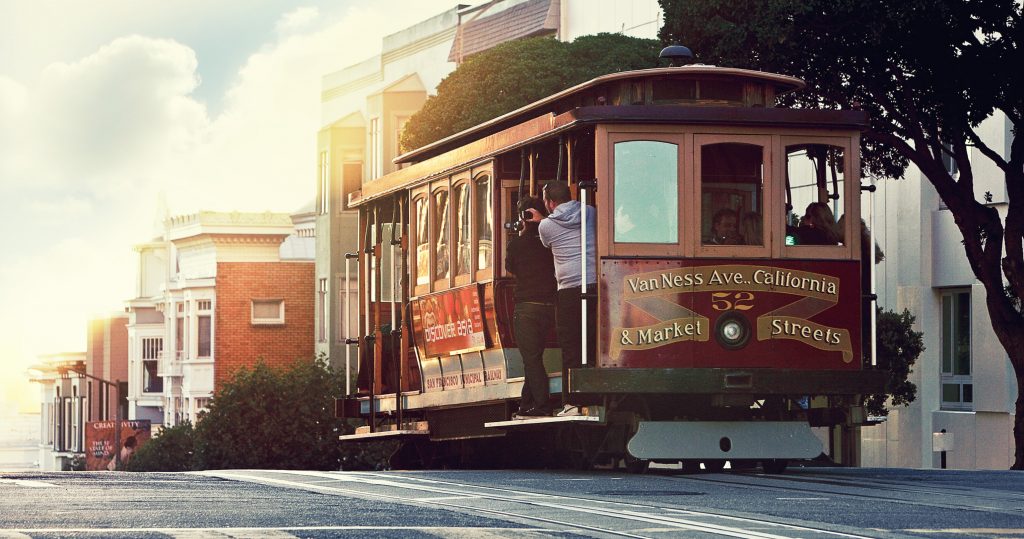When clinical faculty assemble in San Francisco this May for the 42nd Annual Conference on Clinical Legal Education, they will take part in a revamped event with more opportunities than ever to exchange concrete ideas and connect with colleagues. The conference will debut a new schedule and new session formats this year, doubling the total number of sessions accepted from proposals.
Brand new this year are “lightning sessions”—brief, 20-minute sessions designed to cover a narrow topic quickly. A total of 20 of these sessions have been added to the programming during two separate time slots. Additionally, regular concurrent sessions have been shortened to 45 minutes and will take place over six different time blocks throughout the conference, for a total of 60 concurrent sessions (20 more than previous years).
With a total of 80 sessions accepted from faculty proposals, the Planning Committee for the 2019 conference has doubled the number of opportunities for clinical teachers to be involved in programming.
Workshops are hosted during their own time slot on Saturday, May 4 from 2–6 pm, and do not conflict with other programs. The following workshops will be offered:
In addition, the biennial Clinical and Experiential Law Program Directors Workshop will take place Friday, May 3 through Saturday, May 4. There is a separate registration fee for this Workshop, which is open only to directors.
Registration is now open for the conference and the Directors Workshop, both organized around the central theme “Teaching the Next Generation of Lawyer Leaders in a Time of Polarization.” How do legal educators build this next generation when students have grown up in an era of strong division, attacks on institutions of government, and the frequent rejection of civil discourse?
Today, educators and their students are confronted with threats to virtually every norm in the legal and political world—the environment we live in, a free press, election integrity, judicial independence, standards of respectful debate, facts, the rule of law. Students appear energized and anxious to take on these unprecedented challenges, but what new tools and opportunities should clinical legal education be providing? What improvements can be made to current teaching techniques?
For more information about the schedule, plenary sessions, registration, and the host hotel, visit AALS Clinical.
